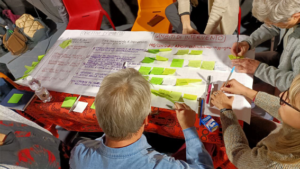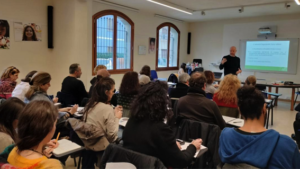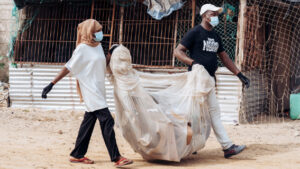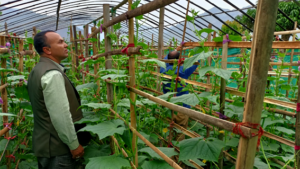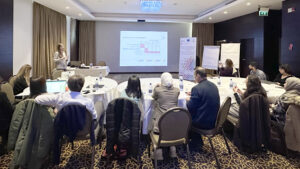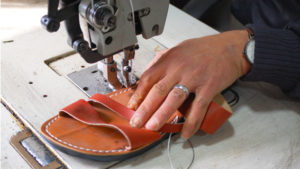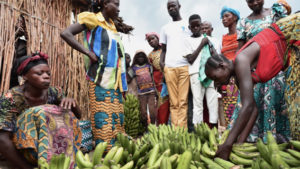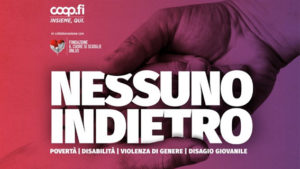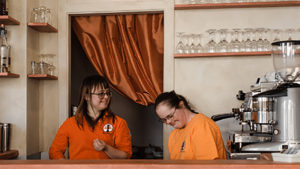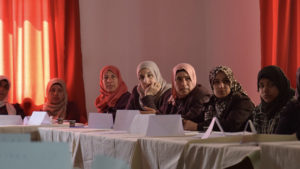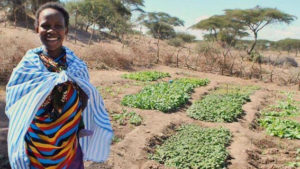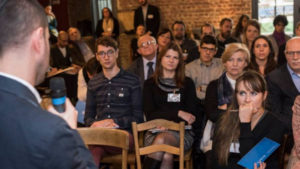Development of the spices and seeds value chains to foster youth and women empowerment in Nepal
Location The rural Municipalities of Dhulikhel, Namobuddha, and Temal (Kavrepalanchowk District), and the rural Municipalities of Helambu and Melamchi (Sindhupalchowk District)
Duration 27 months
Project Leader Associazione per la Solidarietà Internazionale in Asia
Partners Center for Environmental and Agricultural Policy Research, Extension and Development (CEPRED), Department of Agricultural and Forestry Sciences – University of Tuscia (DAFNE)
Funding Agenzia Italiana per la Cooperazione allo Sviluppo
Context
Agriculture is the cornerstone of Nepal’s economy. It accounts for one-third of the nation’s GDP and provides employment for two-thirds of the population. Demand for fresh vegetables from agri-food industries and consumers is increasing every year. Therefore, the area of cultivated land and the demand for seeds of controlled quality crops that can guarantee constant production and reduced losses is also increasing. In the areas of Kavrepalanchowk and Sindhupalchowk, farmers experience difficulties in:
- A lack of knowledge of technical and scientific aspects related to the production, storage and marketing of agricultural products;
- Inefficiencies and obstacles in the production process, such as lack of good quality seeds, water scarcity, reduced availability of agro-machinery, and poor soil testing practices;
- Challenges related to marketing, including limited access to local and national markets, high dependence on middlemen, unavailability of adequate storage space and packaging equipment.
General Objective
The project SPEED therefore aims to support around 3,500 small-scale farmers, 60% of whom are women, by strengthening their agricultural production and the marketing of seeds and spices of high commercial value, seeking to guarantee them an increase in income. At the same time, the project aims to optimise the production chains both in terms of quality and product presentation, with a particular focus on some spices of potential interest for international markets such as ginger, turmeric and cardamom.
The project also contributes to the achievement of the Sustainable Development Goals, in particular by acting on SDG 2 – Zero Hunger, SDG 5 – Gender Equity and SDG 12 – Responsible Consumption and Production.
Our contribution
ARCO was involved in the project with different tasks on the two fronts:
- the Social Economy Unit contributed to the capacity building of community social enterprises and local co-operatives with the objective of facilitating their access to local, national and international markets
- the Circular Innovation and Sustainable Commodities Unit carried out investigations aimed at identifying crucial commodity aspects related to the value chains of seeds and spices with high commercial potential at national and international level.
The Social Economy Unit, thus, carried out a market analysis aimed at gathering information on market access modalities for producers and co-operatives, consumer preferences and needs, wholesale and retail price structure of the products identified by the project and identified limitations and potentials in the market. In addition, the research team was also tasked with accompanying the project beneficiaries in the creation of two social enterprises, one per district, which will manage the different stages from production to marketing of the seeds and spices. To ensure sustainability, ARCO researchers drew up business plans for the two enterprises, with the direct involvement of the producers. ARCO researchers also involved members of the local cooperatives in specific training on marketing and commercialisation and organised B2B (Business-to-business) and B2C (Business-to-consumers) events to promote the project products, facilitate networking and foster the creation of commercial partnerships.
Together with local partners, the Social Economy Unit also worked on identifying national and international business partners with whom social enterprises could enter into agreements.
The Circular Innovation and Sustainable Commodities Unit conducted a study on local seed and spice supply chains (in particular ginger, turmeric and cardamom). The activity was carried out using participatory methods through focus groups, seminars and field visits, as well as semi-structured interviews. Thanks to the information obtained, it is intended to foster the emergence of collaborations between different organisations, cooperatives and groups and to define new market strategies. These data will then be systematised in a database with the aim to represent a starting point for the improvement of the supply chain in the target districts of the project.
Read more on our Social Economy and Circular Innovation & Sustainable Commodities Units


